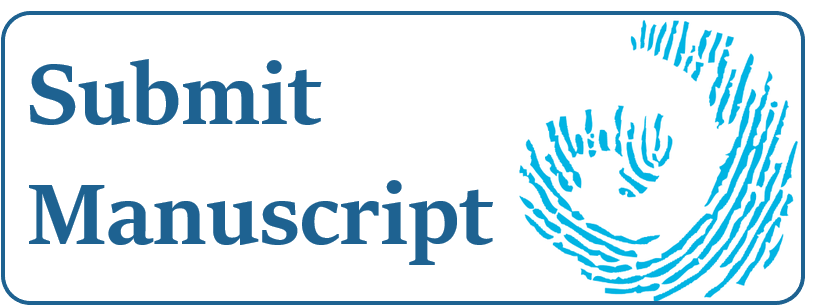Archives and Indigenous communities can work together: one Koori’s perspective
Abstract
The lack of appropriate consultation in research and program development is often a concern for Aboriginal communities. The practices of archival institutions in records access for the purposes of family research are another area of concern. This paper presents the findings of a reflective study of the consultation processes undertaken in three archival initiatives that aimed at improving access and relationships between archival institutions, research and practice, and Indigenous communities. This paper draws upon my own experiences and the findings of my research. The main finding is that one of the biggest mistakes often made in regards to consultation and archives is to apply the idea that 'one size fits all'; that all Aboriginal peoples and communities across Australia are the same, and if something works for one community then it will automatically work elsewhere. What I hope to do through this paper is to encourage readers to get to know the communities that they work with, and then translate that to the delivery of services, programs or research that engage communities and are therefore able to meet particular community needs. I mostly refer to Aboriginal peoples of the Australian mainland as these groups were the main target audiences for the initiatives that are the focus of this article. In so doing, it was not my intention to exclude Torres Strait Islander peoples.
From 2022 (Volume 50) authors contributing to Archives & Manuscripts agree to publish their work under the terms of the Creative Commons Attribution-NonCommercial-NoDerivatives License), which permits non-commercial re-use, distribution, and reproduction in any medium, provided the original work is properly cited, and is not altered, transformed, or built upon in any way. Authors retain copyright of their work, with first publication rights granted to A&M.




